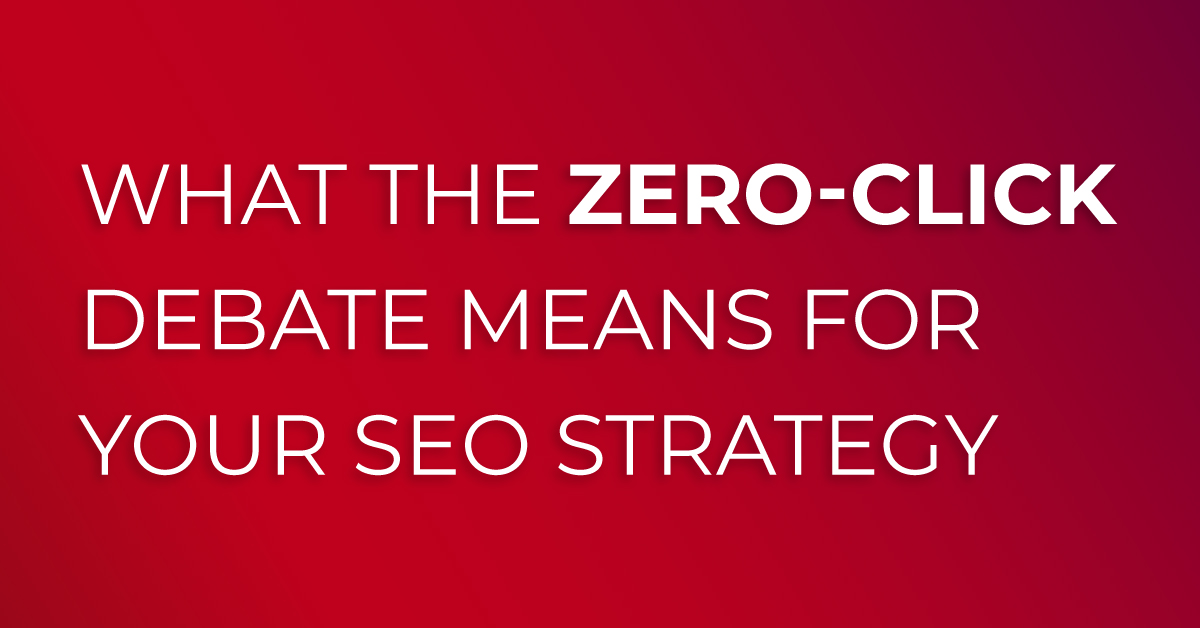For those of you that don’t regularly engage in #SEOTwitter, you might have missed
SparkToro Founder (and regular
Lion’s Share Marketing Podcast Guest) Rand Fishkin’s
report that only 35% of all Google searches result in a click of any kind. Join Michael and grab some popcorn because the debate between Rand and Danny Sullivan, Google’s Public Search Liaison, continues on Twitter at the time I’m writing this.
We’ve got two questions to answer today:
1. Who’s right?
2. What does that mean for your SEO Strategy?
Let’s tackle who’s right first. This
Search Engine Journal article has a pretty good breakdown of the debate. Statisticians can nit-pick the report all they want regarding potential biases and a relatively small sample size. Others in the SEO community are focusing on an increase in user behavior to utilize Google search for queries that they have no intention of clicking (ie. time,
temperature, and phone number queries). But in my opinion, it doesn’t change the overall narrative of the trend Rand is highlighting: yes, there are more searches than ever before, and Google’s sending more search traffic to sites than ever before, but at the same time, Google is indeed keeping a larger piece of the pie for itself. Both are technically right, but the overarching point Rand is making remains, and marketing leaders need to shift their strategies accordingly.
So what does this mean for marketing leaders like you? For starters, marketing leaders need to continue to prioritize the user experience with their websites and the content that resides on them. By continuing to optimize for the Knowledge Box (a key perpetrator of “zero-click” searches), marketing leaders can at least maintain top of mind awareness while positioning their brands as experts and industry leaders to potential customers. This level of awareness is achieved regardless of a click and is akin to the efficiency level of top-of-funnel paid media ads.
Beyond optimizing for the knowledge box, we need to acknowledge that there is less room for second place positioning than ever before. Brands relying on organic (and/or paid) search traffic need to ramp up efforts to secure and maintain pole position in Google search results. I believe there will be a continual drain on traffic for those on the lower half of page one and soon, third place positioning will garner the traffic that a second-page position generates today. Investing in only paid -or- organic search marketing is no longer an option- both will be needed to outmaneuver your competition on Google.
